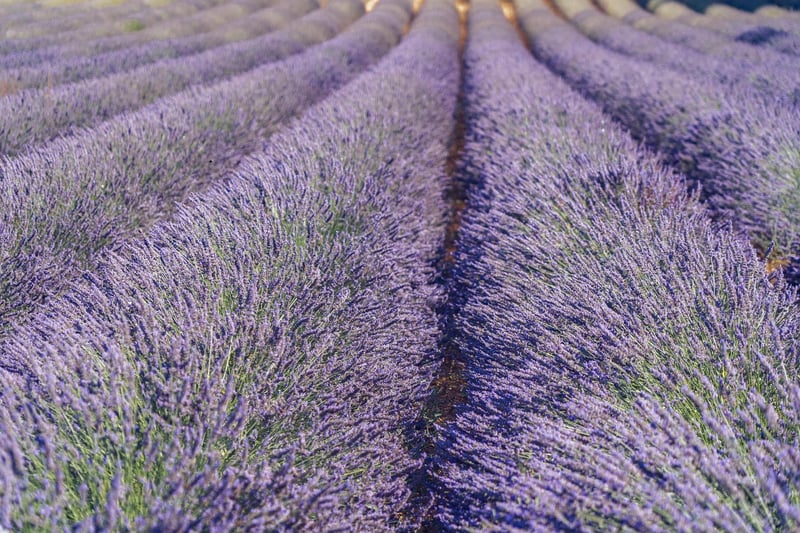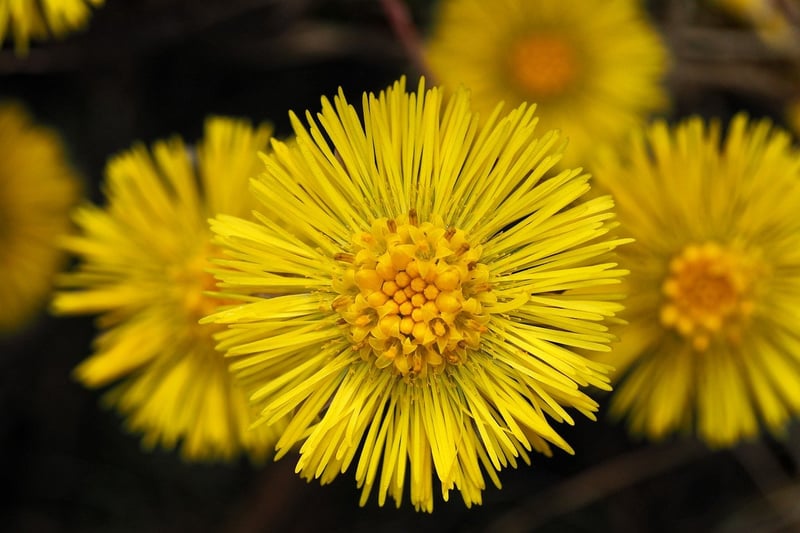Medicinal Plants
Cultivating Herbs for Various Uses
Herbs have been used for centuries for culinary, medicinal, and aromatic purposes. Cultivating herbs at home can be a rewarding experience, providing you with a fresh and sustainable supply of these versatile plants. Whether you're interested in enhancing your cooking, creating herbal remedies, or simply enjoying the fragrance of these plants, growing herbs can be a fulfilling activity.
Benefits of Growing Herbs
Growing your own herbs offers a range of benefits:
- Access to fresh herbs for cooking
- Cost-effective compared to buying herbs from the store
- Control over the growing conditions, ensuring the herbs are organic
- Opportunity to create homemade herbal teas, salves, and tinctures
- Enhancement of indoor or outdoor spaces with beautiful and fragrant plants
Popular Herbs to Grow
While there are numerous herbs you can grow, some popular choices include:
- Basils
- Mints
- Rosesmary
- Lavender
- Thyme
- Parsley
- Chives
- Cilantro
Medicinal Plants
In addition to culinary herbs, many plants have medicinal properties and can be grown for their healing benefits. Some common medicinal plants include:
- Aloe Vera
- Peppermint
- Chamomile
- Lemon Balm
- Echinacea
- Calendula
- Garlic
- Ginger
When cultivating medicinal plants, it's essential to research their proper usage and consult with a healthcare professional if you plan to use them for medicinal purposes.
Get Started with Herb Cultivation
If you're interested in cultivating herbs for various uses, start by selecting herbs that suit your needs and growing conditions. Whether you have a sunny garden or a small indoor space, there are herbs that can thrive in different environments. Begin with a few herbs and gradually expand your collection as you gain more experience.
Remember to provide adequate sunlight, water, and well-draining soil for your herbs to flourish. Regularly harvest the leaves to promote growth and enjoy the benefits of your homegrown herbs.

Happy herb gardening!
